In this episode on the We’re Not Stumped podcast, I’m honored to have Elysia Everett, founder and CEO of Friendly Like Me.
Friendly Like Me is an innovative app dedicated to finding and reviewing accessible places. Its mission is to enhance accessibility in public spaces and make it easier for everyone to discover accessible locations, ensuring more people can participate in various activities without hindrance.
Access to accurate accessibility information is vital for full participation in society. Unfortunately, such information is often scarce, subjective, and difficult to find. This lack of reliable data frequently prevents individuals from engaging in activities they would otherwise enjoy, including visiting size-friendly and accessible businesses across the United States. Friendly Like Me is committed to changing this, benefiting everyone.
Through collaboration with reviewers, advocates, and business owners, Friendly Like Me strives to create more welcoming and accessible places. The platform facilitates interaction between people and businesses about specific accommodations needed to attract customers who prioritize accessibility. It’s worth noting that US adults with disabilities, including many individuals of higher weights, represent the third-largest market segment in the country. According to the American Institute for Research, the discretionary income for working-age persons with disabilities is $21 billion.
Businesses can claim their listings on Friendly Like Me to inform patrons about their amenities and any limitations. Transparency is key—it’s very friendly to let people know in advance if they cannot accommodate them. Friendly Like Me’s reviews focus on the presence or absence of specific accommodations, reducing the subjectivity often found in star-based review systems.
Links:
Friendly Like Me Website: https://www.friendlylikeme.com/
#accessible #accessibleliving #accessibleeducation #accessibility #accessibilityawareness
Listen on Apple Podcasts
Watch on YouTube
Listen on Spotify
In this powerful and reflective episode of We’re Not Stumped, host Mike Bolland welcomes Terry Tucker, author of Four Truths and a Lie, for a deep conversation about mindset, mental toughness, and what it truly means to live a significant life. Terry shares the philosophy behind his latest book, which challenges common definitions of success rooted in money, status, and material achievement. Instead, he invites listeners to rethink success through the lens of service, responsibility, and impact on others. At the heart of his message is one foundational truth: if you don’t control your mind, it will control you.
In this eye-opening episode of We’re Not Stumped, host Mike Bolland speaks with Dr. Kevin Lee, a vascular and interventional radiologist at Georgia Endovascular, about why so many amputations don’t have to happen. Dr. Lee explains how misdiagnosed or untreated peripheral artery disease (PAD) is one of the leading causes of limb loss—especially among veterans, older adults, and people living with diabetes. He shares how minimally invasive endovascular procedures can restore blood flow, reduce pain, and help patients avoid amputation when disease is caught early.
Tom Lenoble’s story is a powerful combination of leadership, resilience, and personal transformation. In this inspiring interview, Tom reflects on his remarkable career leading global customer operations for major brands like MCI, Walmart.com, Palm, and Facebook, where he helped build the company’s first customer operations organization during its explosive early growth. Beyond his Silicon Valley leadership achievements, Tom opens up about surviving two life-threatening illnesses, living with HIV, and battling metastatic cancer for 13 years while continuing to lead, inspire, and thrive. His bestselling memoir, My Life in Business Suits, Hospital Gowns, and High Heels, reveals the deeply human side of his journey — from corporate success to vulnerability, healing, and purpose.


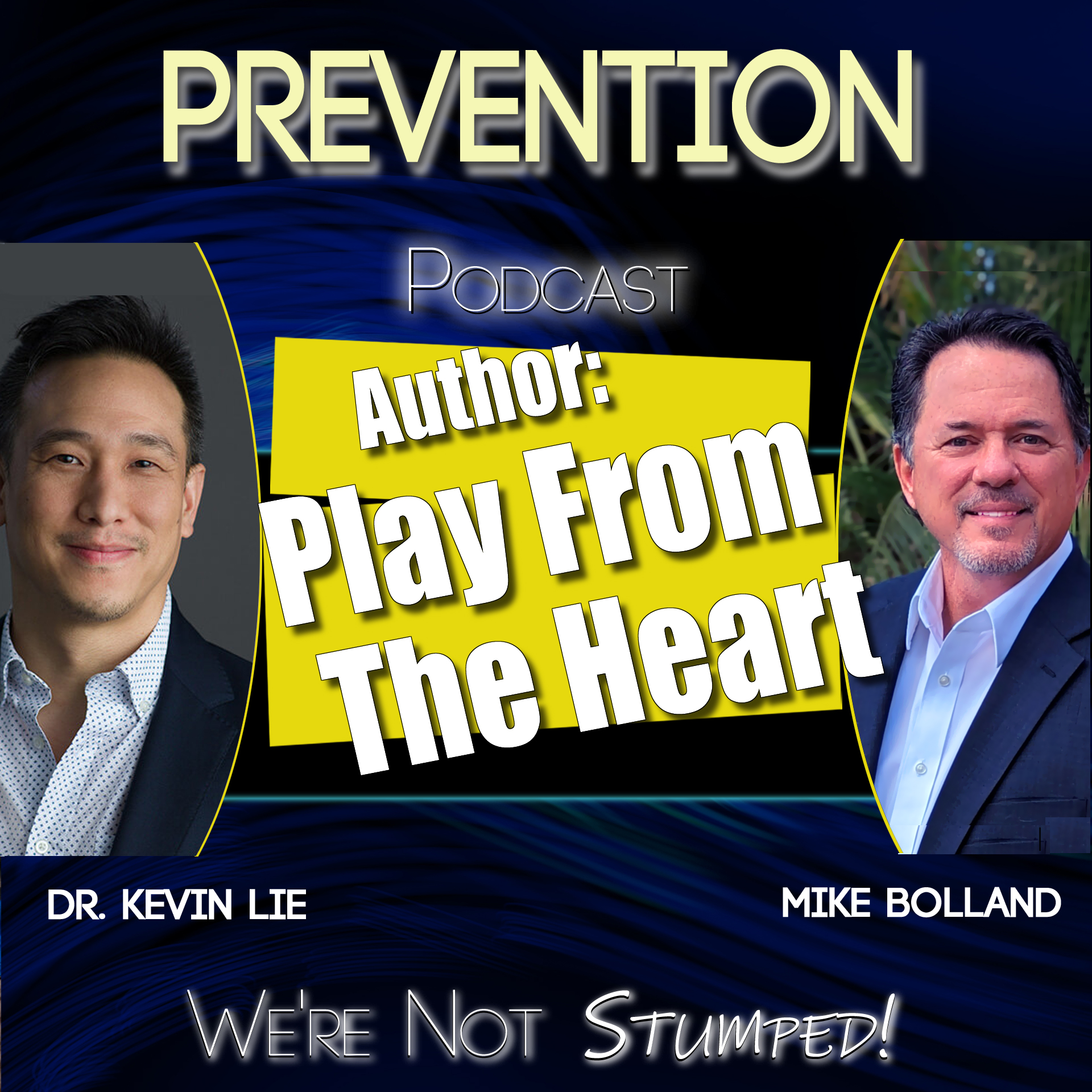
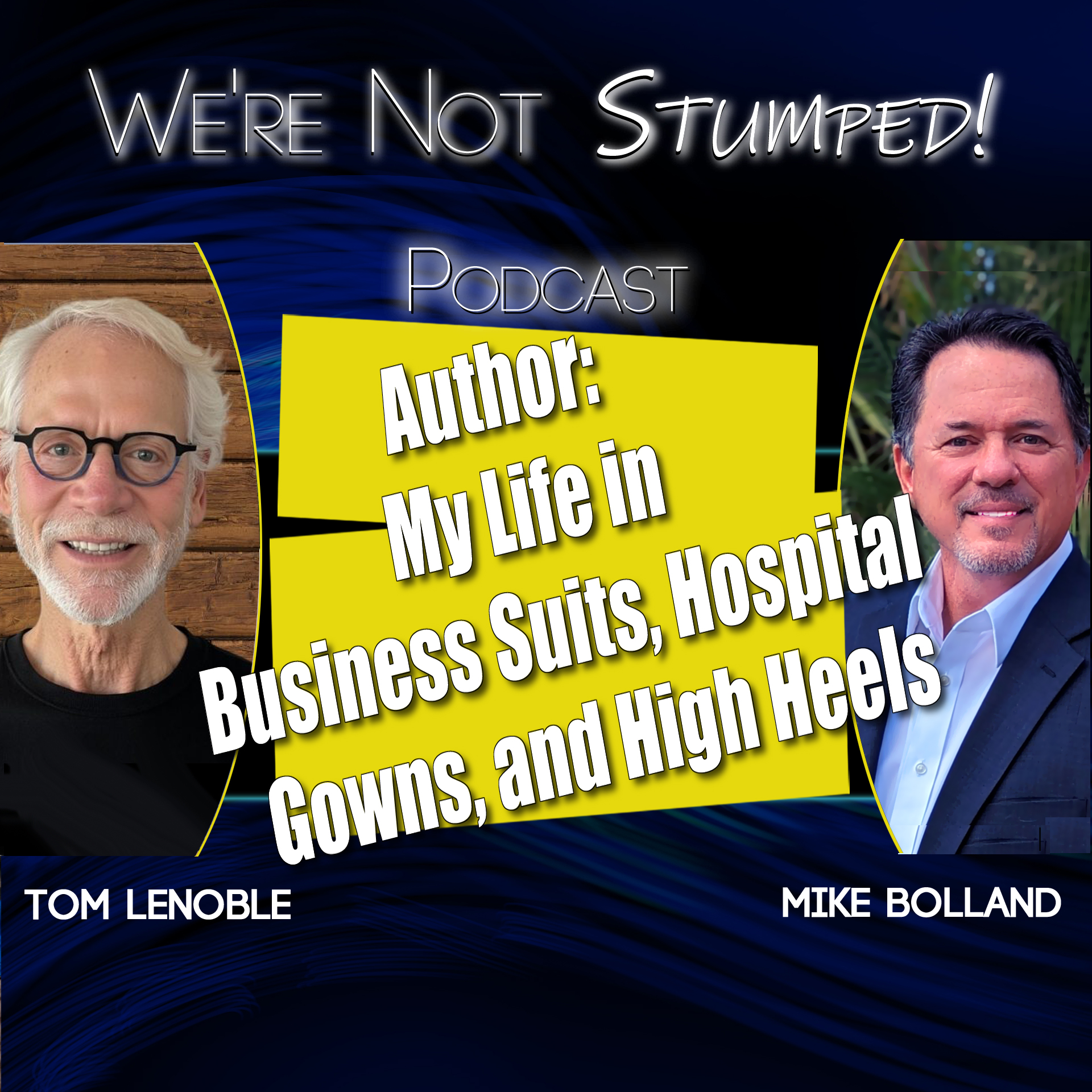
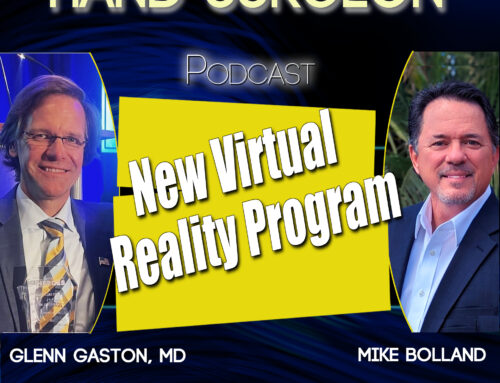
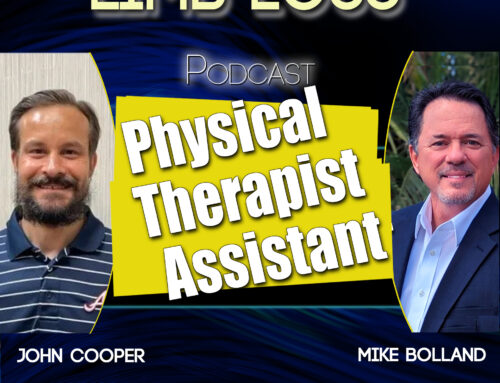
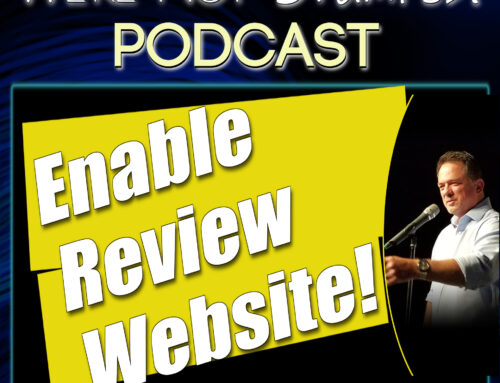
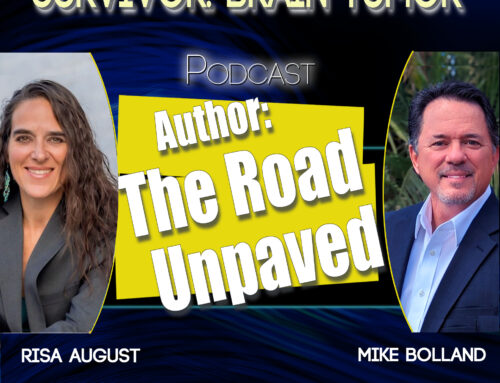
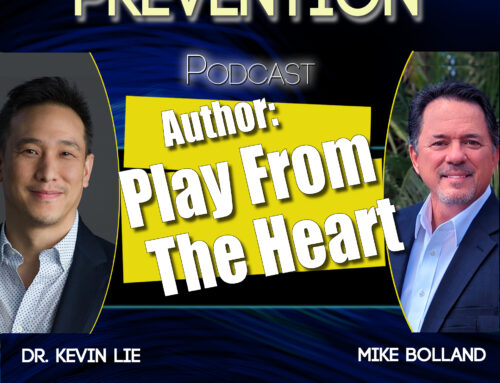
Leave A Comment